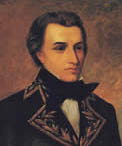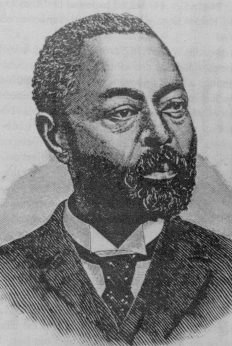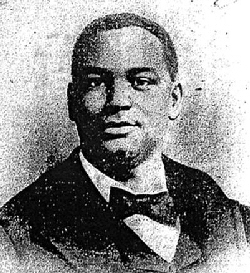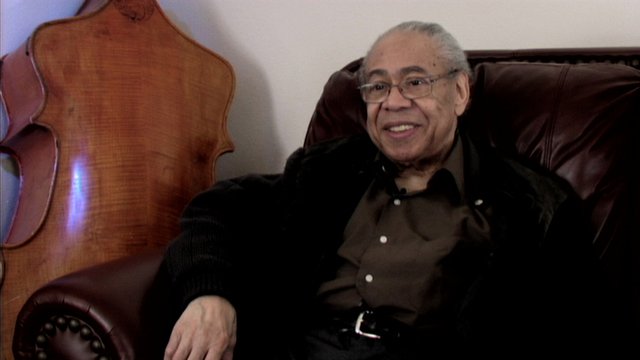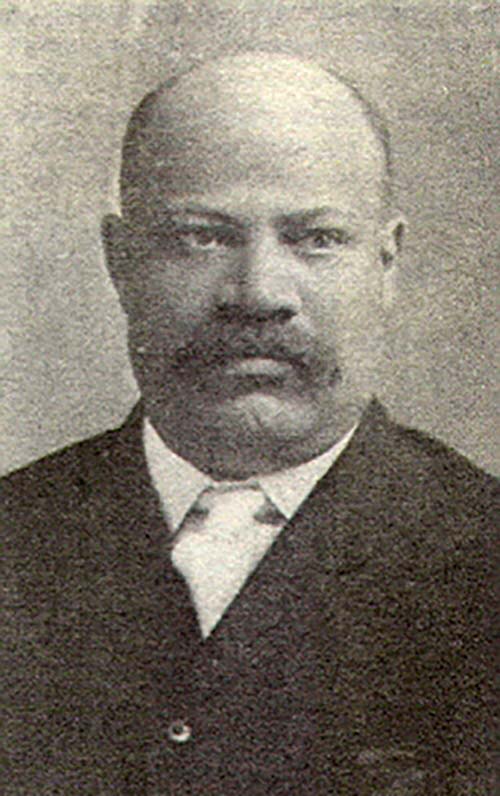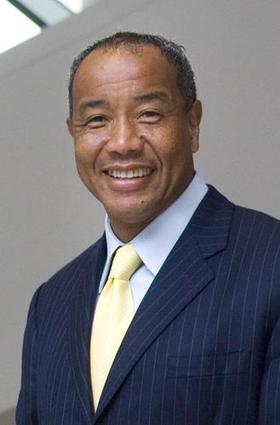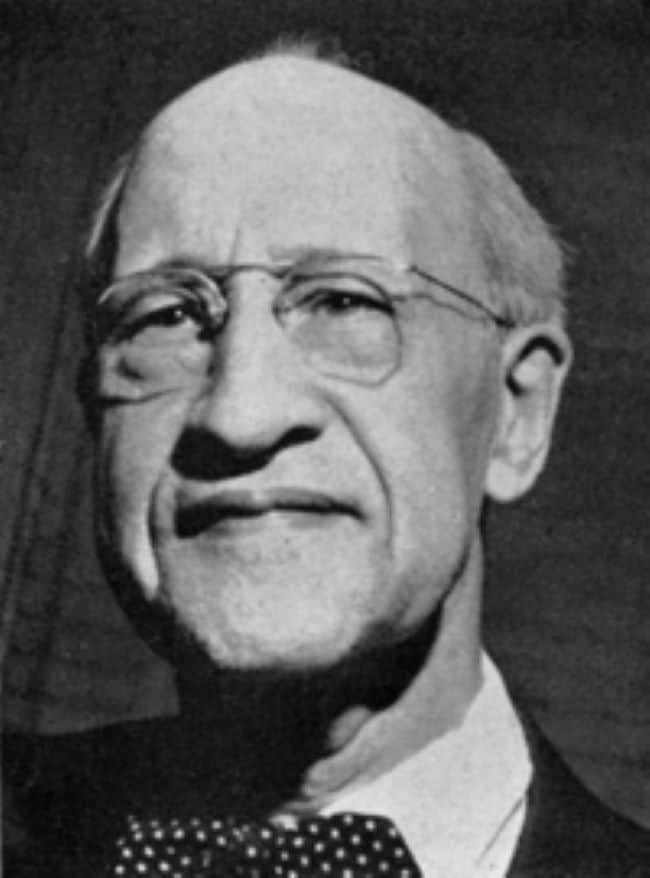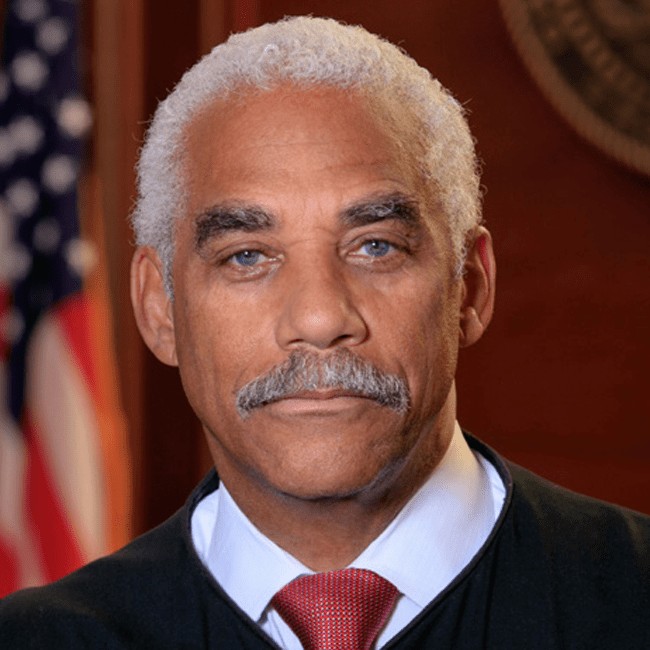A military officer in Venezuelan war for independence against Spanish rule, General Manuel Carlos Piar exemplifies both the struggle for independence against Spain and the parallel but less successful campaign against racial caste in colonial South America.
Of mulatto background, Piar was born in Curaçao, Dutch West Indies. He received rare educational opportunities during his youth and subsequently became involved in a variety of business ventures in the Dutch West Indies. By the early years of the 19th Century he became increasingly interested in Latin American independence struggles which promised both freedom from Spain and racial equality. In 1810 he moved to Venezuela and was immediately offered the post of second lieutenant in the revolutionary army.
Four years after arriving in Venezuela, Piar was again promoted, this time to aide of revolutionary general Santiago Mariño. Displays of his military prowess in battle soon caught the attention of the rebel leader Símon Bolívar, and Piar was subsequently elevated to the position of general in charge of the revolutionary stronghold of Maturín in 1816.
As an opponent of the Spanish system of racial distinctions and an ardent loyalist to the revolutionary cause in South America, General Piar incorporated Bolívar’s philosophy of “War to the Death.” He won important battles against the Spanish at Juncal (September 1816) and San Felix (May 1817). In the battle at Juncal his outnumbered forces overcame a Spanish attack. At San Felix Piar’s “War to the Death” philosophy exemplified his capacity for brutality in battle. Using arms and supplies taken from Spanish monks whom he later massacred in the Caroní River territory, Piar’s campaign at San Felix ended with his forces killing the entire Spanish force that opposed his troops.
Having proven himself an exceptional military leader, Piar was designated General-in-Chief of Venezuelan independence forces by Bolívar. He soon left his post to organize a revolt against the racial caste system that revolutionary leaders, despite earlier promises, did not dismantle. Moving back to Maturín, Piar gathered black and mulatto troops for a push against Bolívar’s army. Piar’s troops were defeated and he was subsequently taken prisoner by Bolívar’s forces, tried for treason, conspiracy, and desertion. On October 16, 1817, the General was found guilty and sentenced to death by a military tribunal. The following day he was executed.

